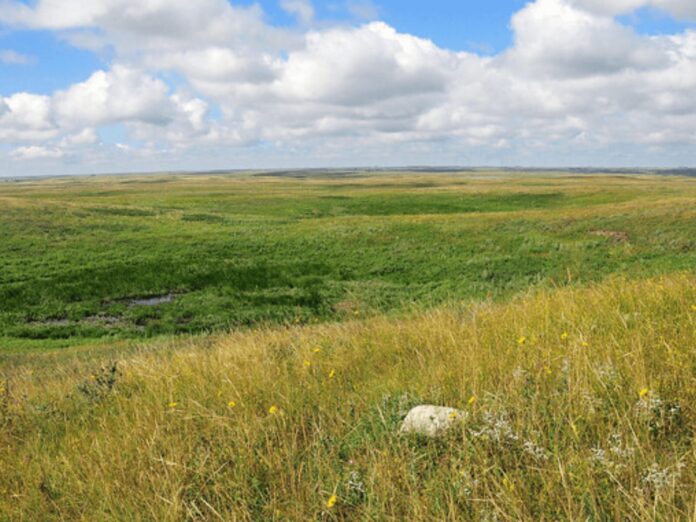Guide for effects of climate change on Agriculture
The effect of climate change on Agriculture will differ all over the world. How climate change will affect agriculture; Varieties of effects are probable to occur. The climate change will impact on temperature changes, changes in rainfall, and also increase in co2 levels. The important effects on global agriculture impact in tropical regions. When the climate changes the crop productivity will change due to the changes in climate, weather, pests, and diseases. The cultivation of staple crops will undergo in response to climate change.
several ways of climate change effects in Agriculture
Agriculture and climate change both of which take place on a global scale. There are several ways of climate change in agriculture, they are.
- change in temperature, climate, and rainfall.
- change in Pests and diseases
- change in the nutritional quality of food
- change in sea-level
- change in impacts on water availability
Climate change in crop yield
The change in crop production will vary in regional as well as global food production. The likely impact of climate change on crop yield can be determined by crop growth. To predict further impacts on crop yields, crop models should be present valuable approaches. crop yield may influence by an increased amount of co2 levels.
Climate change in water availability
The water resources play a vital role in human prosperity and crop productivity. Water availability issues include how much water can be diverted, can be available and how much water can be stored in surface and groundwater reservoirs. Crops depend on the quantity and timing of precipitation, meanwhile, the stress through a critical growth may include yield goals.
Climate change is one of the greatest pressures on the hydrological cycle along with population growth, pollution, and other factors.
Climate change in pests and disease
- The rising levels of co2 and temperature are having a direct effect on pests and diseases in crops.
- Increase in co2 levels can impact both the host and pathogen in several ways.
- The co2 levels and higher temperatures will keep changing the composition and duration of infective stages of pests and diseases.
Climate change in soil
climate change can have an impact on soils and the functions that soil performs. climate change will affect the ability of crops to reach maturity and potential harvest. The climate heats up the reductions in the amount of water available for the irrigation. However, scarcity of water prevents water from being used for the irrigation. Increasing damage to the land will occur in the form of soil erosion, salinization, and lots of peat soils, further impacting on the capability of soils to support the needs of agriculture
Impacts on Agriculture
- Climate change in the world is likely to be negative. While some of the regions and crops will be different.
- Agriculture production will be affected by increasing temperature, changing rainfall patterns, and weather events
- Climate impact containing increased competition from weeds, growth and insect pest and seasons.
- Provides occupation for uneducated and unemployed youth
- The rural mass/population are dependent on agriculture as their source of income and livelihood
Agriculture and climate change in India
Agriculture represents 35% of India’s gross national product and plays an important role in the country development. The production of foodgrain during the post-independence era.
The impact of climate change on agriculture in India will affect problems with food security and may threaten the livelihood activities. climate change can affect crop yields both positively and negatively. The types of crops can be developed in certain areas by impacting agriculture inputs such as irrigation, the quantity of solar radiation and that affects plant growth.

